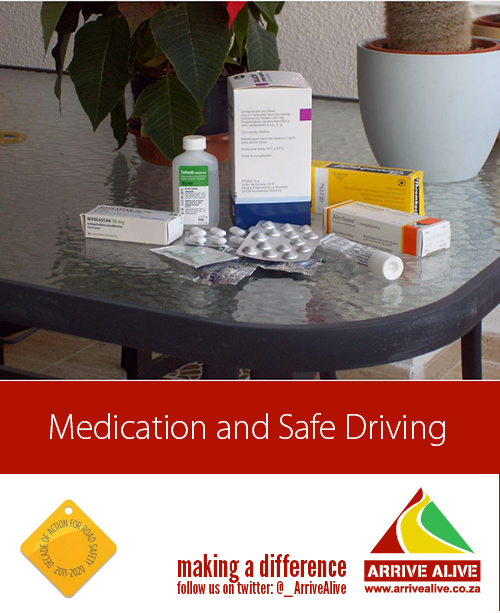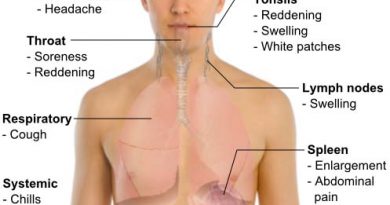ER24 urges the public to be more understanding towards people who have epilepsy
People with epilepsy can excel in just about anything like any other person. Epilepsy is often not the emotional stumbling block but rather people’s attitude against the condition.
These were the words of Magdaleen Kruger, the director of the Epilepsy South Africa Gauteng Branch, on International Epilepsy Day, February 9.
She said stigma is a huge problem and has a negative impact on people who have epilepsy.
ER24 urges the public to be more understanding towards people who have epilepsy and to help them if possible.
Some believe that people who have epilepsy should be treated differently. They also believe that people have epilepsy because they did something wrong.
This is simply not the case.
Explaining what epilepsy is, Kruger said, “It is a neurological condition that is characterised by unusual electrical activity in the brain, causing unprovoked seizures.”
She highlighted that a single seizure is not epilepsy. “All of us can have a seizure at any time during our lives. High temperature or alcohol withdrawal for example can cause a single seizure,” said Kruger.
There are several types of epilepsy. They are divided into two main categories.
Generalised seizures are seizures that start in a particular part of the brain and then spreads to the whole brain during which there may be loss of consciousness. The most common types are absence seizures and generalised tonic-clonic seizures. During absence seizures the person looks blank and stares. There may be blinking or slight twitching. It lasts a few seconds. During a generalised tonic-clonic seizure the person stares, falls, jerks and could possibly turn blue around the mouth. It lasts a few minutes.
With partial seizures excessive electrical activity is limited to one area in the brain causing either simple or complex partial seizures. Types include simple partial, complex partial and secondary partial seizures.
Status epilepsy
Status epilepsy is when one seizure triggers the next seizure and it is ongoing. “Status epilepsy is very serious and can cause death if medical treatment is not applied. Some people die of unexpected death (SUDEP which stands for Sudden Unexpected Death in Epilepsy) while they seemed to be healthy otherwise.
“The autopsy usually finds no other cause of death. People who die because of SUDEP had uncontrolled seizures. They are often found dead in their beds. Only about a third show that they had a convulsive seizure closer to the time of their death,” said Kruger.
Epilepsy can be prevented in many cases by:
- Wearing a helmet when cycling to prevent head injuries in case of a fall.
- Using your seatbelt and putting children in car seats to prevent head injuries in case of a collision.
- Ensuring a balanced diet and controlling high blood pressure during pregnancy. Also staying away from people with infectious diseases during pregnancy as it can cause brain damage to the developing baby.
- Not participating in physical fights.
- Cooking pork properly as meat can be infected with tapeworms. Tape worms on the brain causes epilepsy.
- Not using drugs and consuming too much alcohol.
If you have uncontrolled seizures it is a good idea not to swim alone or lock the bathroom door. Also, stay away from high places.
Despite popular belief, when someone has a seizure, do not put items, such as a spoon, in their mouth. If someone has a seizure, you should turn the person on their side and bend their head a little to the back to ensure their airway stays open.
ER24 urges people around someone having a seizure to cushion the patient’s head and move away any harmful objects. Stay with the person until they are fully recovered and be supportive to the person.
Also remember not to restrict movement.
If you are with a person who has a seizure while driving, try to stop the vehicle safely. Leave the person in their seat. Recline the seat if possible. Lean the person slightly to one side to aid draining of fluid, support the person’s head and protect their airway.
“Be assuring and remain calm. The person may be unaware of the seizure,” said Kruger.
Contact ER24 on 084 124 in case of an emergency. Visit www.epilepsy.org.za for more on epilepsy.
Also view:
Know more about Epilepsy on World Epilepsy Day





